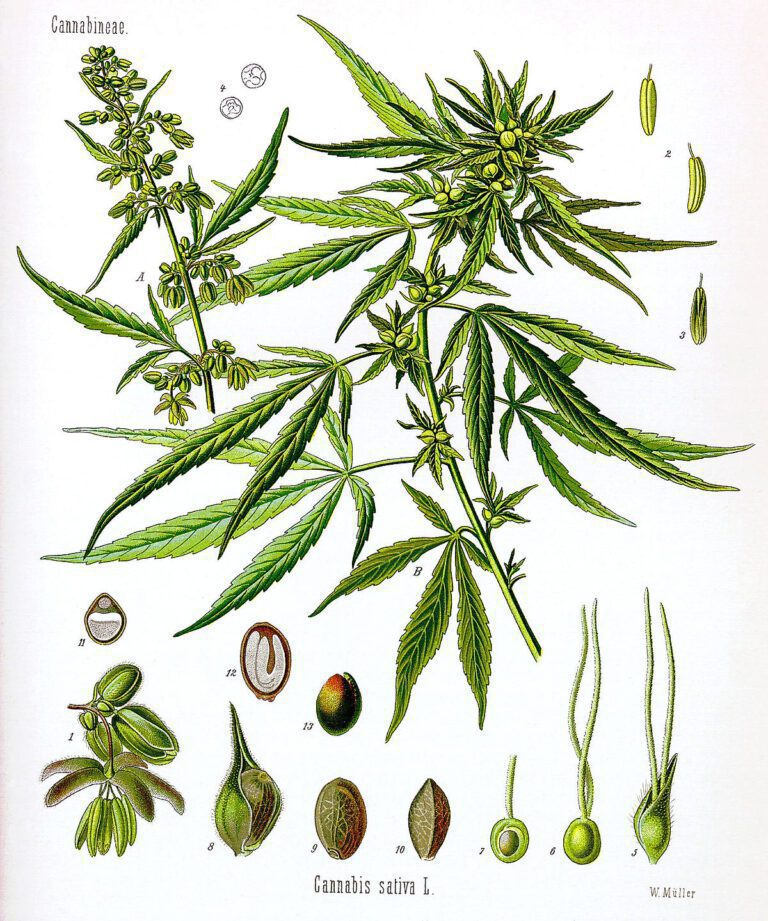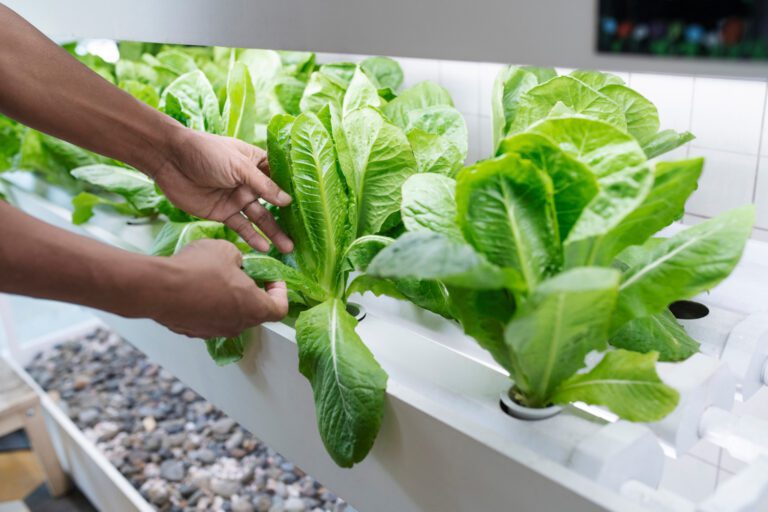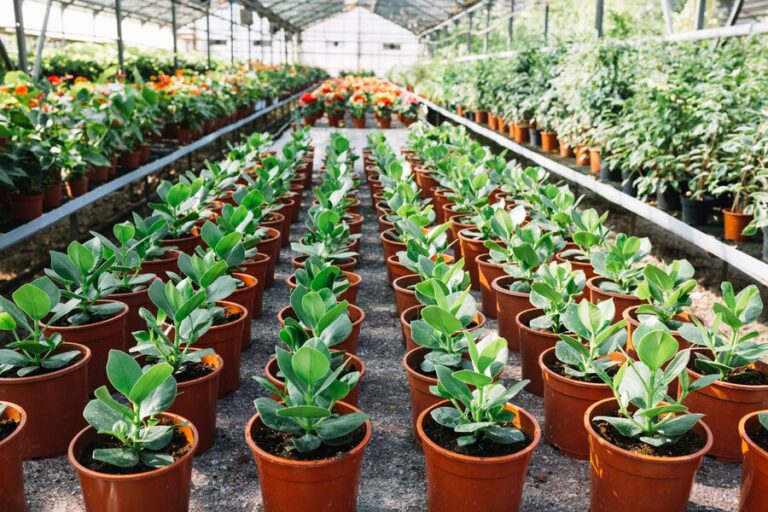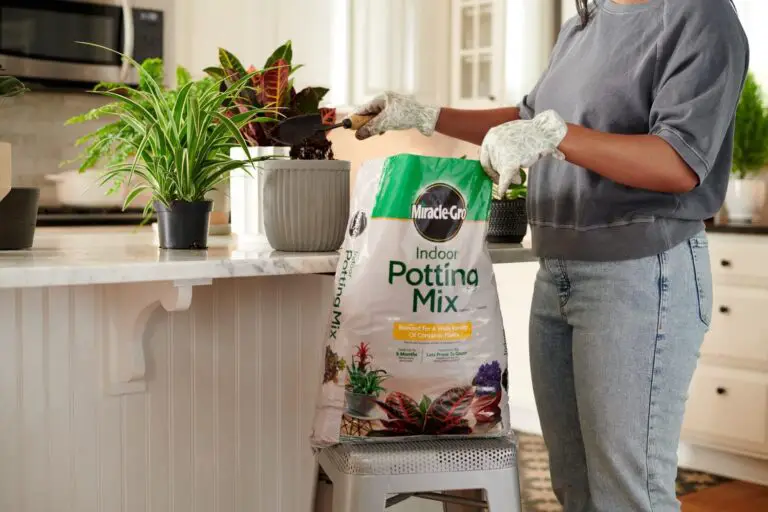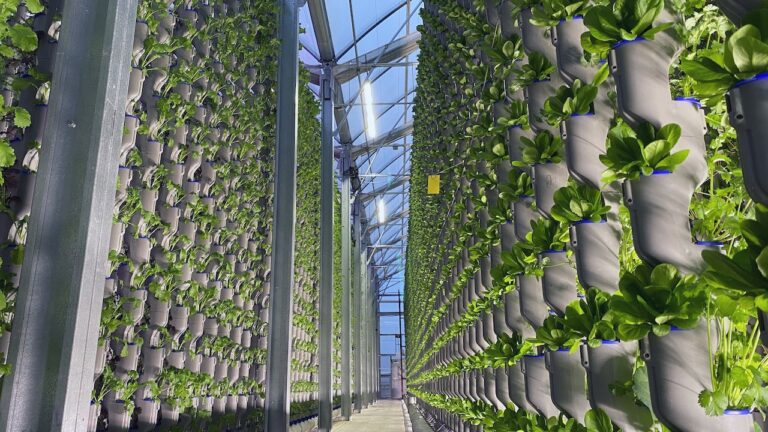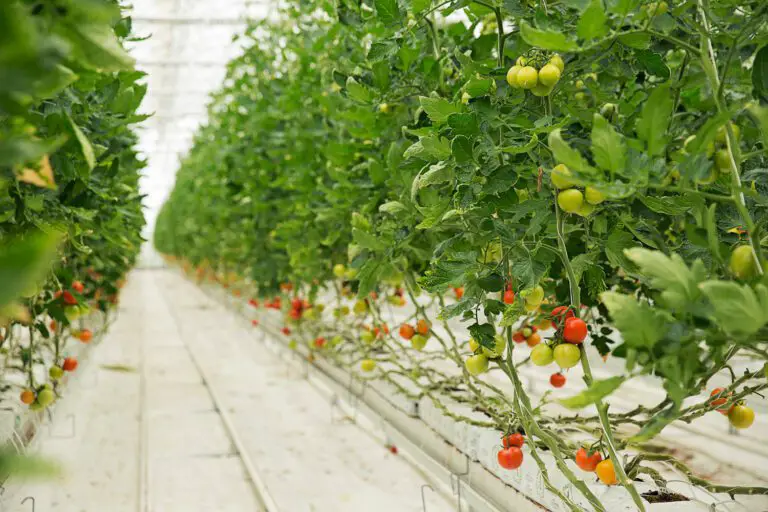Choosing Rockwool Sizes Optimally for Diverse Plants in Hydroponics
Table of Contents
Addressing Common Challenges and Pitfalls in Choosing Rockwool
Rockwool is a popular choice for gardening enthusiasts due to its excellent insulation and water retention properties. However, there are some common challenges and pitfalls that should be considered when choosing Rockwool as a growing medium. One of the main challenges is the potential for fungal growth and root rot if the Rockwool is not properly sterilized before use. This can be mitigated by soaking the Rockwool in a mild bleach solution or using commercially available Rockwool conditioner products. Additionally, the alkaline nature of Rockwool can affect pH levels in the growing system, so regular monitoring and adjustment may be necessary to maintain optimal conditions for plant growth. Following these steps can help ensure successful cultivation with Rockwool as the chosen medium.
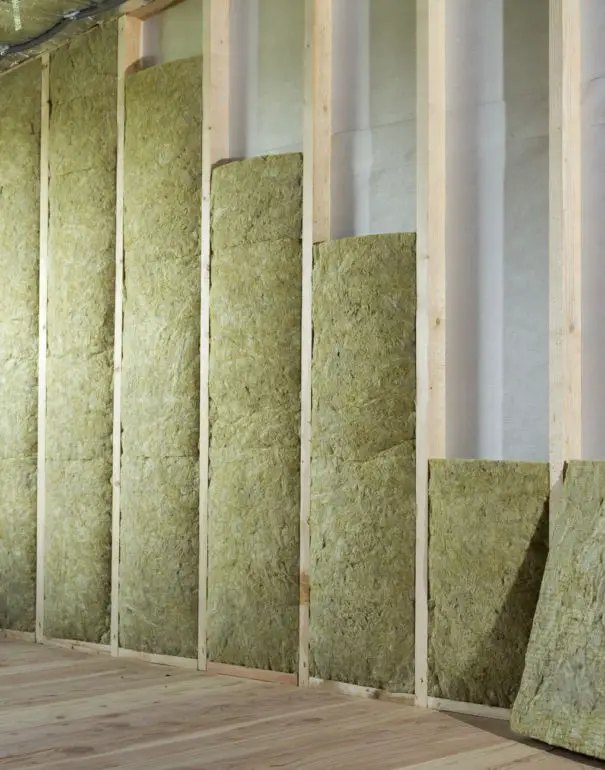
It is also important to consider the environmental impact of Rockwool production and disposal. Rockwool is made from volcanic rock and can be non-biodegradable, leading to potential waste management issues. However, some manufacturers are now producing recyclable Rockwool products, which can help reduce its environmental footprint. When choosing Rockwool, it is advisable to opt for products that have been certified as environmentally friendly and sustainable. This not only promotes a greener approach to gardening but also supports companies that are actively working towards reducing their impact on the environment. By considering these challenges and pitfalls, gardeners can make informed decisions when choosing Rockwool as a growing medium for their plants.
• Potential for fungal growth and root rot if Rockwool is not properly sterilized before use
• Mitigate this challenge by soaking Rockwool in a mild bleach solution or using commercially available Rockwool conditioner products
• Alkaline nature of Rockwool can affect pH levels in the growing system, requiring regular monitoring and adjustment
• Ensure optimal conditions for plant growth by maintaining proper pH levels
• Consider the environmental impact of Rockwool production and disposal
• Non-biodegradable nature of Rockwool can lead to waste management issues
• Look for recyclable Rockwool products to reduce environmental footprint
• Opt for environmentally friendly and sustainable certified products when choosing Rockwool
By addressing these challenges and considering the potential pitfalls, gardeners can make informed decisions when selecting Rockwool as a growing medium.
Let’s create a table addressing common challenges and pitfalls related to choosing Rockwool (Mineral Wool) insulation. Rockwool, also known as mineral wool, is a popular insulating material made from natural rock and steel slag. Here’s a breakdown of its pros and cons:
| Aspect | Challenges and Pitfalls |
|---|---|
| 1. Material Composition | – Advantage: Made from volcanic rocks and recycled steel slag, it’s eco-friendly and sustainable. |
| – Disadvantage: Not biodegradable. | |
| – Cost: Slightly more expensive than fiberglass and cellulose insulation. | |
| 2. Performance | – Advantage: Excellent thermal and noise insulation. |
| – Disadvantage: None reported. | |
| 3. Durability | – Advantage: Highly durable. Resistant to fire, mold, and mildew. |
| – Disadvantage: None reported. | |
| 4. Installation | – Advantage: Easy to install. |
| – Disadvantage: None reported. | |
| 5. Health Risks | – Advantage: None reported. |
| – Disadvantage: None reported. | |
| 6. Extra Weight | – Advantage: None reported. |
| – Disadvantage: None reported. |
Remember that Rockwool insulation offers significant benefits, especially in terms of energy efficiency, fire safety, and soundproofing. However, consider the cost and environmental impact when making your decision. If you’re looking for an effective and versatile insulating material, Rockwool could be a great choice for your home.
Please do watch video!
What is Rockwool made of?
Rockwool is made from volcanic rock, usually basalt, which is heated to a high temperature and then spun into fibers.
How does Rockwool insulation work?
Rockwool insulation works by trapping air within its fibers, which slows down the transfer of heat and sound.
Is Rockwool a fire-resistant material?
Yes, Rockwool is highly fire-resistant due to its mineral composition and high melting point.
Can Rockwool absorb and release moisture?
No, Rockwool is hydrophobic, meaning it does not absorb or release moisture. It remains unaffected by water, maintaining its insulating properties.
Is Rockwool environmentally friendly?
Rockwool is considered environmentally friendly as it is made from natural and sustainable materials. It is also recyclable and has a long lifespan.
Can Rockwool cause health issues?
Rockwool is generally considered safe to use. However, like any insulation material, it is recommended to wear protective gear when handling it to prevent skin irritation or respiratory issues.
How does Rockwool compare to other insulation materials?
Rockwool has excellent thermal and acoustic insulation properties, as well as being highly fire-resistant. It is comparable to other insulation materials such as fiberglass and cellulose.
Can Rockwool be used in all types of construction?
Yes, Rockwool can be used in a wide range of construction projects, including residential, commercial, and industrial buildings. It is suitable for both new construction and retrofitting.
How should Rockwool be installed?
Rockwool insulation can be installed by cutting it to fit the desired area and securing it using appropriate fasteners or adhesives. It is important to follow the manufacturer’s guidelines for installation.
Is Rockwool resistant to pests and mold?
Rockwool is resistant to pests, as it does not provide a food source for them. However, it is not inherently mold-resistant, and proper moisture management is necessary to prevent mold growth.

Nicole Burke is a dynamic writer at SouthElMonteHydroponics, fueled by her passion for horticulture and environmental sustainability. Armed with a degree in Environmental Science from a renowned institution, Nicole’s expertise lies in hydroponic gardening, organic farming, and biodiversity conservation. Her insatiable curiosity and love for nature drive her to explore innovative techniques in hydroponics, seeking to revolutionize the way we grow crops in urban environments. Nicole’s writing reflects her deep commitment to promoting eco-conscious practices and fostering a deeper connection between humans and the natural world. Through her engaging storytelling, she inspires others to embrace sustainable living and harness the power of hydroponics for a greener future.

